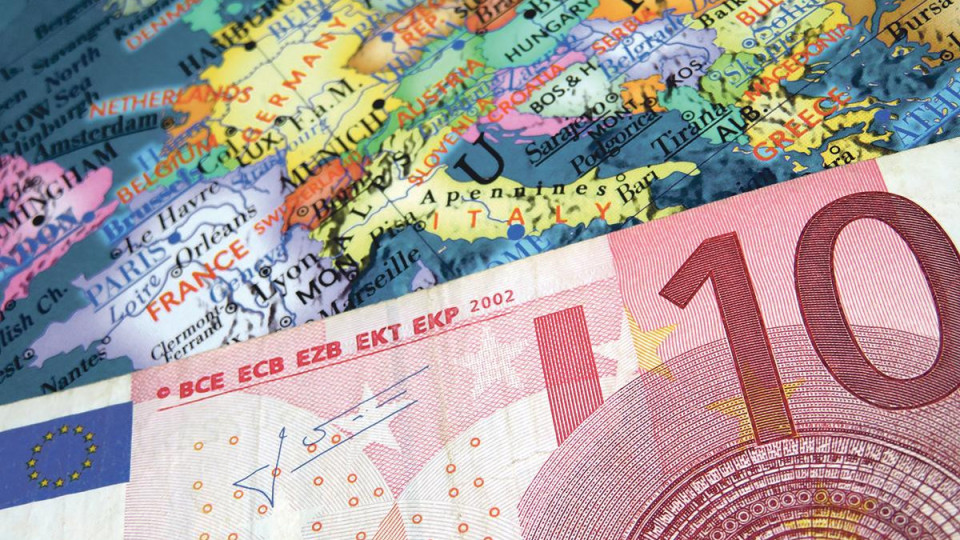There is little doubt that the creation and functioning of the Single Market is one of the greatest achievements of the European Union. The implementation of the four freedoms across such a diverse market is unique and should be celebrated.
The Single Market provides the foundations on which the EU’s economic competitiveness must be built. Businesses require a solid Single Market in terms of internal homogeneity of rules and external strength in relation to global competition, opportunities and challenges. Economic stability is also prerequisite to the EU’s competitiveness and prosperity.
However, due to various factors, we are seeing businesses struggling to exploit the full potential of the Single Market. This is often attributed to the fact that they are continuously faced with challenges stemming from excessive administrative procedures to access markets across borders, to legislative barriers.
Due to this, the European Commission is undergoing a period of self-reflection by receiving feedback from stakeholders, who in turn are also undertaking their own analysis on the functioning of the Single Market. As the Malta Business Bureau, we felt it was of the utmost importance that Maltese businesses are represented in this process.
With this in mind, and on the occasion of the 15th year of our membership in the European Union, the MBB has undertaken a comprehensive study carried out by Grant Thornton, on the effect of the Single Market on Maltese Businesses. Our report, launched this week, provides tangible evidence showing how much Maltese businesses have benefitted within the Single Market, while also pointing out the administrative and legislative burdens they face in operating the Single Market. In addition, we also point out what can be done by decision makers to alleviate these burdens on businesses.
Our methodology consisted of simultaneous qualitative and quantitative approaches, whereby we created an online survey, in which 150 businesses participated and provided their feedback. This target group was evenly represented across sectors and business size, and also 67 per cent of respondents were already incorporated prior to EU accession, which gave an interesting perspective from a comparative point of view. In addition, we carried out a number of stakeholder consultations in order to complement the data gathered online.
Our study has unearthed some very interesting statistics pertaining to the participation of Maltese businesses in the Single Market. For example, contrary to what sadly feels like a perpetual state of discontent across the continent regarding the concept of freedom of movement, an overwhelming 89 per cent of respondents have indicated that they are better off since Malta joined the EU.
"89 per cent of Maltese businesses said they are better off since Malta joined the EU"
However, there is no room for complacency, as there are many issues which were pointed out that need addressing. Between the traditionally strong manufacturing, wholesale and retail sectors, an average of 20 per cent replied that they are not better off since Malta joined the Single Market. They, along with other sectors of the economy, cite various challenges, such as barriers to trade, administrative burden, and issues relating to excessive legislation, amongst others.
Compliance costs to sell goods and services to other member states remain an issue, with overly complex procedures still in place, and a lack of information, and sometimes the willingness from national governments in being open for businesses from companies based in other member states. Testing, certification, labelling, approval and authorisation procedures are fragmented and do not function in the same way as a Single Market should. Mutual recognition of compliant products remains a principle on paper which often proves to be a bottleneck in practice.
In addition, 96 per cent of respondents have indicated that they wish to see simplification in services regulation. This confirms a perception that has been felt for a long time that at European and national level, several obstacles remain to providing services to consumers and other businesses. Services regulation in the EU remains fragmented and overly complex, with the requisite procedures proving to be a hindrance and duplicate information often being required by different authorities.
Respondents have also expressed concern on the implementation of legislation at a national level. Thirty-five per cent have shown displeasure about ineffective enforcement of EU law in Malta, particularly with regards to market surveillance. Another 26 per cent have indicated that they are not happy with inefficient implementation. This points to another issue that we have always felt has been a serious bottleneck to operators, and the numbers back it up. Wherever possible, EU rules should be transposed to the least possible extent in order to avoid gold-plating, and deviation should only take place in order to facilitate implementation that reflects the domestic context.
In addition to analysing the performance and bottlenecks of the different sectors of the Maltese economy, our report also puts forward a number of recommendations that were raised directly by businesses during our consultations with them. We believe these recommendations to be tangible and realistic in their implementation.
To name just a couple from a set that can be found in our full report; firstly, we believe that market surveillance authorities should have the capacity to effectively monitor and enforce rules set at EU and national level. It is crucial that all companies operate on a fair level playing field, by ensuring that standards such as labelling and language requirements are adhered to.
Secondly, the EU should endeavour to improve the effectiveness of tools intended to help businesses and citizens, such as SOLVIT. This tool can have tremendous potential if used correctly, and if given the right importance by institutions themselves. However, our survey indicates that only 15 per cent are aware of SOLVIT, possibly due to the current lack of effectiveness and awareness of the tool. To ensure effectiveness, we propose giving economic operators greater involvement in the process, in order to increase trust and confidence in the service.
In conclusion, we are committed to continue supporting businesses make the most of our membership in the Single Market. We encourage them to keep up their positive pro-Single Market approach due to the great potential for internationalisation and growth. At the same time we call on the Maltese government to continue promoting business interests at EU level by supporting legislation aimed at deepening the European Single Market.
Simon De Cesare is president of the Malta Business Bureau. The MBB is the EU-business advisory and support office of the Malta Chamber of Commerce, Enterprise and Industry, and the Malta Hotels and Restaurants Association.
The full MBB Single Market report can be viewed from www.mbb.org.mt













2 Comments
Their presence in food of animal origin constitutes socioeconomic challenges in international trade in animal and animal products <a href=http://viagr.sbs>thc and viagra</a>
<a href=https://cialis.lat/discover-the-best-prices-for-cialis>cialis buy</a> Blessed thistle may cause allergy in some people, most commonly in those who are allergic to plants of the Asteraceae Compositae family including ragweed, chrysanthemums, marigolds, and daisies